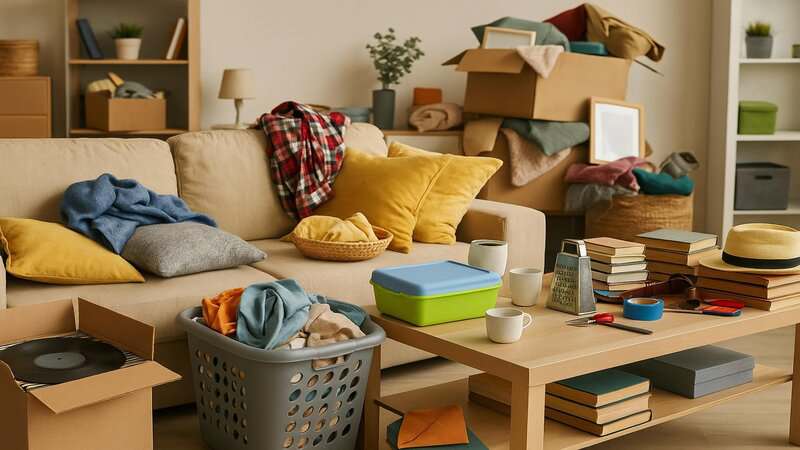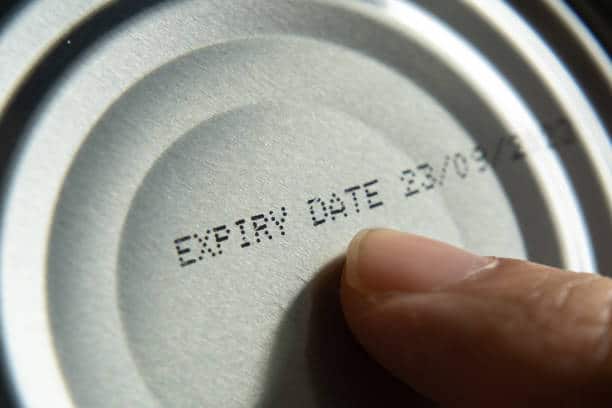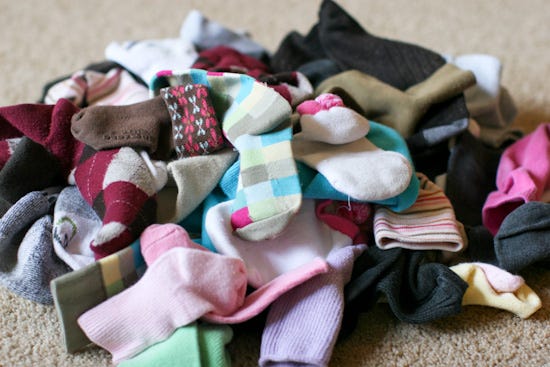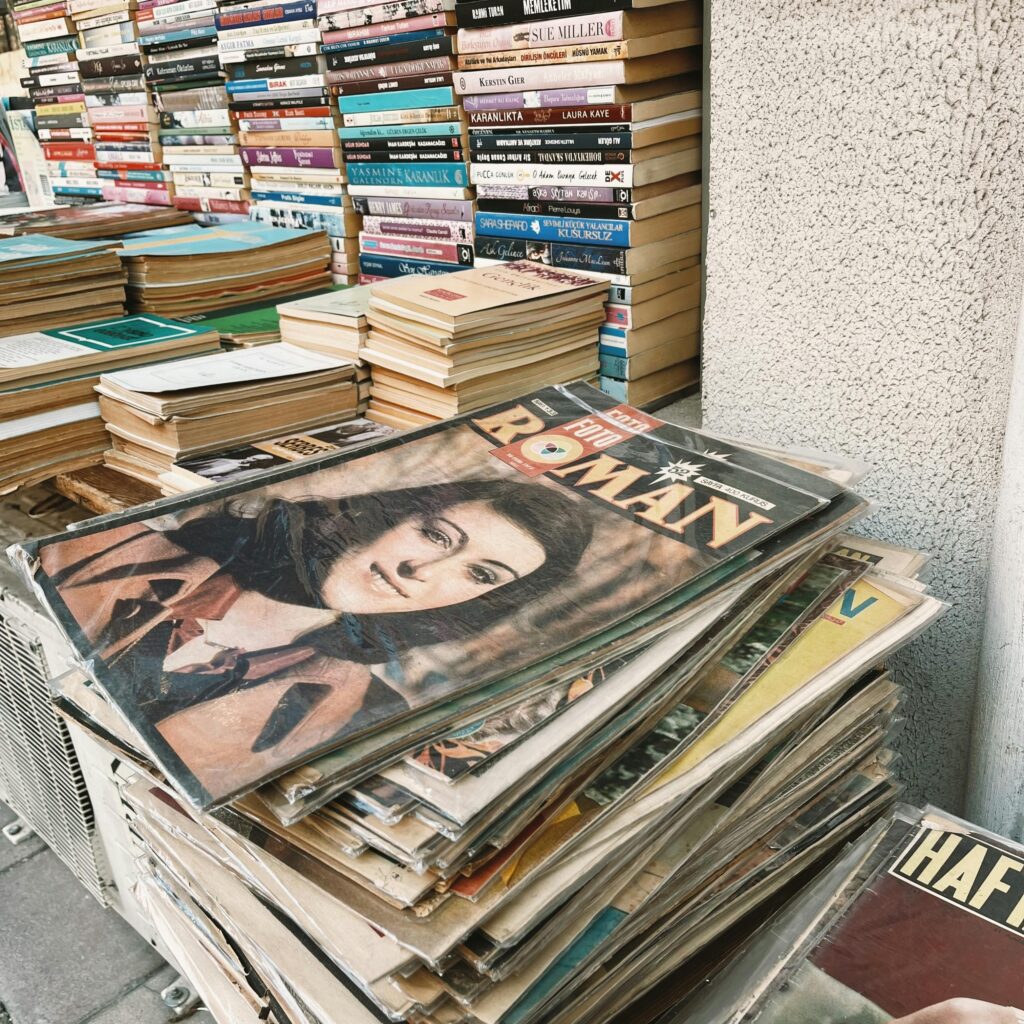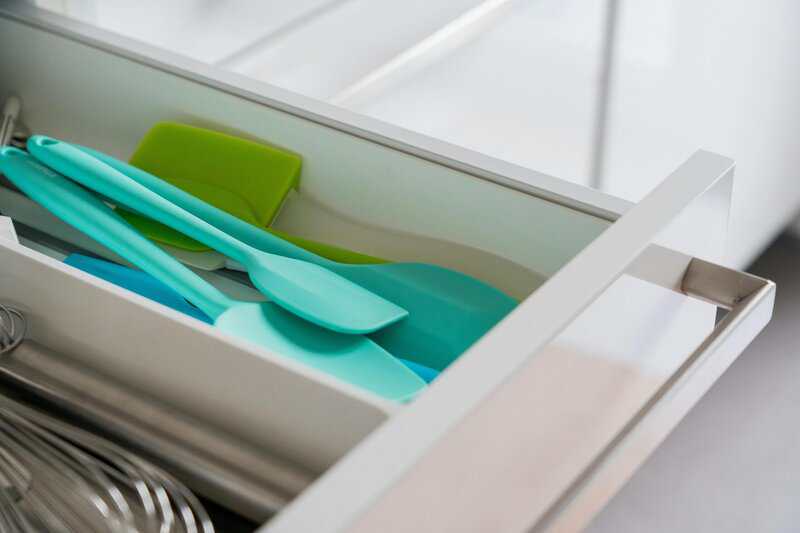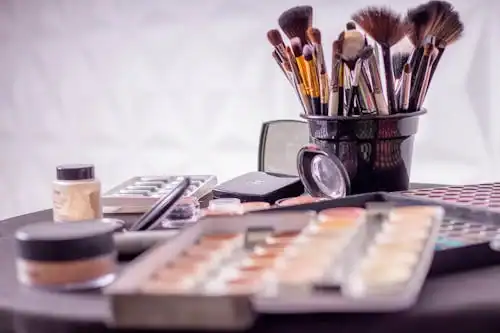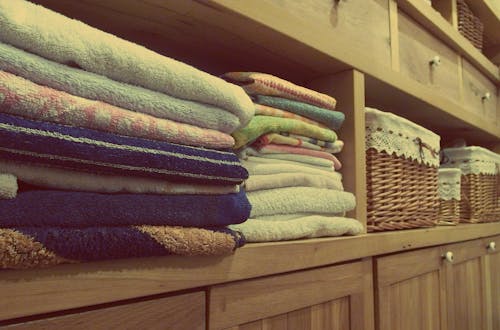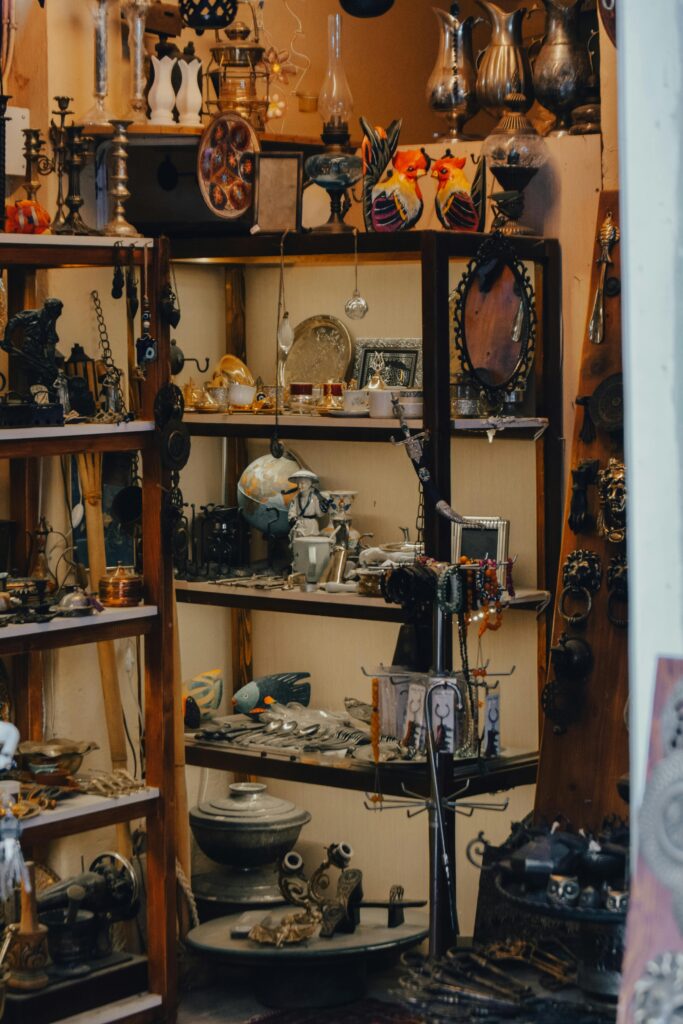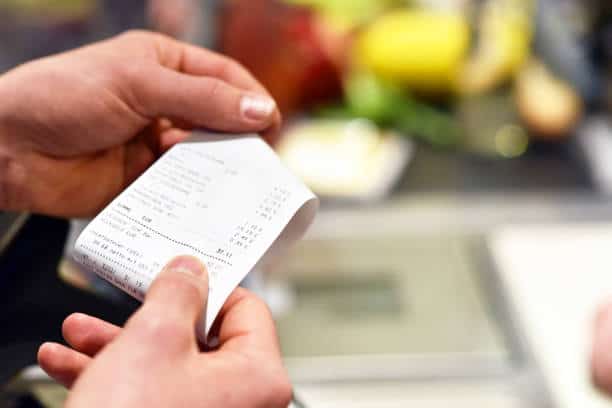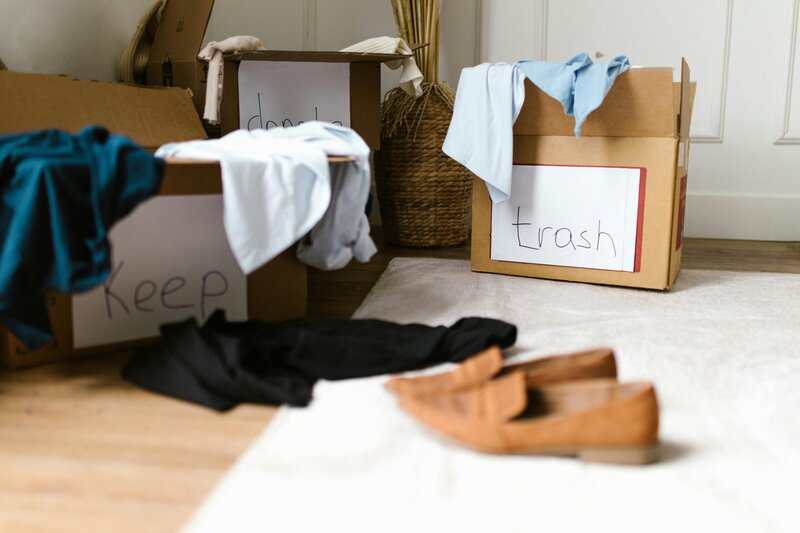Clutter is a common struggle in nearly every home. Even with good intentions, it’s easy for unused, broken, or outdated items to pile up. Professional organizers are trained to spot things that no longer serve a purpose and are simply taking up valuable space. With their expert eye, they help families regain control of their homes by letting go of what’s unnecessary. In the following sections, we’ll explore specific household items that organizing experts often recommend tossing for a cleaner, more functional living environment.

